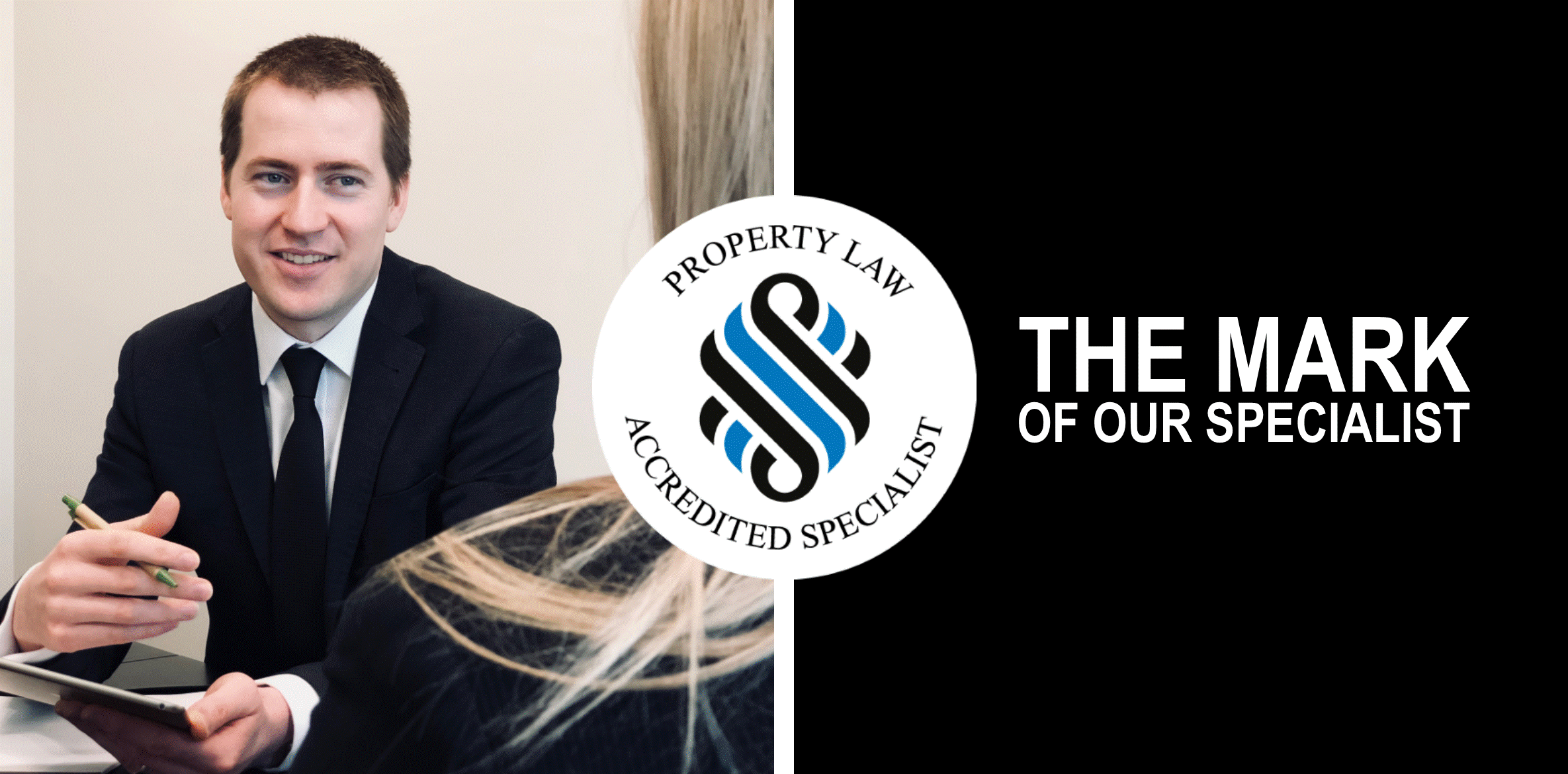Case Study - Check Out What Our Clients Say About Us!
The case of an unusual property matter
When generalist lawyer Trischa Partridge found herself in the middle of a property transfer matter that had even her highly experienced Principal scratching his head, she realised she needed specialist advice.
This case study walks you through the matter, and shows you the value that an accredited specialist in property law can bring to your firm.
The Background
Trischa Partridge has a strong familiarity with the Property Law Act in Queensland, as a result of working on the reform of the Act. However, her daily work is that of a generalist. She works for Ian W. Bartels and Associates, whose practice areas range from wills and estates to family and criminal law.
About a third of Trischa’s daily work is in wills and estates; the remainder tends to come from criminal law, amongst other things. In order to be at her most effective, she is required to have a broad base of knowledge, and the flexibility to expect anything.
However, some matters have layers of complexity that are nuanced and difficult—and cause even highly experienced lawyers to scratch their heads.
It’s one of these matters that brought Trischa to LaBlack Lawyers.
The Matter
The matter in question involved property that remained in the name of a man who died many years before his wife (who is the deceased in this matter). After the man died, his estate was not fully administered. It stopped Trischa from being able to transmit the property to the recently deceased’s (his wife’s) beneficiaries.
On the surface, it seemed like something that wouldn’t be too difficult. Trischa and her Principal believed that they would be able simply to transmit the property from the deceased husband to the wife - and that it would then flow through the estate.
However, the husband had died intestate many decades ago. As part of his estate, the family had set up a business that continued to earn income, and that business operated for many years after. When his wife died, she didn’t own the property in her own right: She still held it as executor.
In attempting to resolve the matter, Trischa and her Principal believed that the right thing to do would be to transmit the property from the wife’s capacity as executor to her personal capacity.
The trouble is, it didn’t work.
‘That was when I came unstuck,’ Trischa explained. ‘That’s when I thought, I need somebody with deeper knowledge than what we have here.’
Trischa explained that the circumstances of this matter were of the type that most practitioners will never see.
‘This was a set of circumstances that, frankly, most practitioners would never see in their career. I’ll never see it again. It’s very unusual. The Principal of my firm has been in practise for many decades; it had him scratching his head!’
The complicating factor was that the first estate had never been properly administered. Solving it required deeper expertise, which is when Trischa made a decision to find an Accredited Specialist in Property Law.
Other Matters
This isn’t the only situation in which Trischa has engaged Simon to work on matters. She has also engaged LaBlack Lawyers to act as a trustee for sale, under the Property Law Act. In one memorable matter, Trischa had one client who owned two properties, but he owned them jointly and with different people. He had one house that he owned jointly with one person, and another house that he owned jointly with someone else; and he wanted to sell both of them.
The owner brought an application to the District Court to force the sale of the two properties. In Queensland, there is a provision in the Property Law Act that allows someone who co-owns a property to sell it, even if the other person disagrees. In order for the sale to take place, a third party must be approved as a trustee for sale by the Court.
‘It’s a function of property ownership in Queensland, that you have the right to sell the property. So unfortunately for some people, if you’re a co-owner of a property and you don’t want to sell it, the other party can force a sale,’ Trischa explained. ‘There’s nothing you can do about it.’
In this matter, Trischa’s firm sought an order from the District Court, that Simon LaBlack and one of his solicitors be appointed as trustee for sale.
‘[As trustee for sale], he takes over the sale process and takes control of the property. Then, he takes care of the sale process and distributes the sales proceeds according to those District Court orders,’ said Trischa. ‘We did that in those circumstances, and we’ve also had Simon appointed as trustee for sale in other circumstances where we acted for a party to a family law matter in which the parties disagreed on the sale of property, and then [one] was reluctant to leave.’
The Decision
Accredited Specialists in Queensland are lawyers who have completed an advanced, peer-reviewed assessment program that is specific to his or her area of expertise. They are deep experts in their chosen areas of specialisation, and are leaders in their fields for that very reason.
There are only 29 Accredited Specialists in Property Law in the whole of Queensland. Simon LaBlack is one of them.
Trischa already knew Simon, as she had worked with him when she was newly qualified.
‘Simon and I were colleagues when I first graduated,’ explained Trishca. ‘Simon has always been knowledgeable beyond any other lawyer that I know, and he was always so generous with his time to teach me things when I first graduated. I knew that he was an Accredited Specialist in Property Law since starting his own firm. It was obvious to me, he was always going to be the person that I would consult on matters like this. No question.’
However, there was also a deeper question: How the service would be provided:
‘I was looking for somebody with that knowledge base, that I knew that Simon had. I was also looking for somebody who would work with us, so rather than just referring the matter off,’ Trischa recalled. ‘The clients have a relationship with us, and we’re their lawyers, and they wanted us to conduct the matter. So we needed to engage somebody on a consultancy basis who would work with us. We needed somebody who was going to be reasonable with their fee.’
Engaging an Accredited Specialist in Property Law as a consultant means that the firm gains the benefit of the specialist’s expertise, without their client having to see anybody else. It comes with some distinct benefits, and they’re not all at the client’s end. True, the client has his or her matter resolved swiftly and completely. But during the process, the practitioners in the firm gain the advantage of education.
‘If we can use consultants as a resource to our firm, then we can broaden our work base,’ Trischa explained. ‘We can take on matters that we would normally not be able to do, because we don’t have that specialist knowledge. So having that collaborative relationship with firms like LaBlack Lawyers is so helpful to us.’
The question, though, is how would Trischa have found someone to work with if she didn’t already know Simon personally?
‘I probably would have consulted some colleagues at QUT who specialise in property law,’ she mused. Trischa pointed out, ‘I think it’s quite unique. He’s got a lot of knowledge that your average property lawyer wouldn’t have. So, yes, I was fortunate that I knew Simon from experience, because I’ve worked with him.’
After deciding that Simon LaBlack was the Accredited Specialist of choice, Trischa’s first step was to engage him with a carefully detailed brief.
The brief set out all of the facts and circumstances, and it asked Simon for his advice on which way to proceed. His consultancy provided advice on the best way to proceed, and then Trischa and her firm implemented the work. When they did so, they sent it back to Simon to review before anything was sent off or finalised. Trischa’s clients knew that she was consulting with a specialist, and they paid for his work, but they didn’t deal with it personally.
‘They were comfortable with us, and they trusted us to get the advice from a suitably qualified person to get the job done. Ultimately, the aim was to get the job done, because the property needed to be transferred,’ Trischa pointed out. ‘The beneficiaries were all there waiting for their gifts under this will! So even though the process took quite a while because of its complexity, we needed somebody to help us along the way.’
The Outcome
Trischa believes that engaging a specialist early in a complex matter improves outcomes for her clients. Having worked with LaBlack Laywers on several matters in various capacities, she explained that she’s better able to spot overly complex matters earlier. Doing so saves her clients many thousands of dollars.
‘If you identify immediately that it’s something that requires a bit of specialist advice and do that straight away, then it’s a benefit to your client, because you’ve not wasted that time and wasted those funds, on the basis of something that’s not right,’ she explained.
Working with an Accredited Specialist improves the client experience by improving both the time to resolution, and the certainty of their advice.
Trischa was frank about this. ‘Clients are often uncertain about their legal position,’ she said. ‘So if we can get that specialist advice from Simon and give them certainty about their prospects, and the steps we need to take to get the result they want, then the benefit to them is certainty and that peace of mind. And we can get through the processes faster, so the resolution is speedier.’
In this particular matter, the time to resolution, after engaging Simon LaBlack was only a couple of weeks.
‘If I ever needed legal advice, I would go to Simon LaBlack.’
‘I always say that if I ever needed legal advice, I would employ Simon as my lawyer,’ Trischa laughed. ‘Simon’s very knowledgeable, very easy to work with, his firm’s very professional. Very courteous staff there, prompt turnaround, and reasonable fees.’
She went on to explain that Simon LaBlack is a very careful, cautious lawyer who tries to minimise risk to clients. This isn’t just because he is experienced or knowledgeable: It’s because he’s turned his mind to all of the possible permutations of a matter and the potential outcomes.
‘He doesn’t just look at a matter from my eyes, from a general practitioner’s eyes; he knows to look at it from every angle. He’s always said, “Have you considered this? And have you considered that? And you might want to advise your client about this.” So yes, he’s always careful to make sure that his advice to us and his instructions to us are always very full and considered.’
As a result of building a collaborative relationship with LaBlack Lawyers, Trischa’s firm Ian W. Bartels finds itself in a position where it can take on more complex work. If they didn’t have this relationship, the firm would need to refer matters to someone else.
‘We definitely prefer not to [refer out], particularly if they’re return clients, but at the same time, we have to be realistic. We’re a general practise firm, we’re not specialists. If something is beyond our capabilities and if we don’t have the resources to properly service our clients, then we have a duty to refer them to an appropriately qualified lawyer. So having Simon there, or having LaBlack Lawyers there means that we can be that appropriately qualified lawyer, because we’ve got the resources to help [our clients] out.’
How to find an Accredited Specialist for your firm to work with
Trischa’s advice to you if you are looking for an accredited specialist is to look for more than simply their accreditation. A successful engagement is also about whether or not you’ll be likely to achieve a good working relationship as well as the results that you’re after.
‘You would be looking for firms that have that collaborative approach, like LaBlack Lawyers do, so that you can work with them, and maybe flexibility in the way they’re willing to deliver their services,’ Trischa advises, ‘Whether they can do it on a consultancy basis, like Simon has done for us, or whether you’re getting them appointed as trustees for sale. And I think you’d be looking for results and outcomes.’
To understand outcomes, Trischa advises reading through past cases and reviewing judgements. This is the only meaningful way in which you will learn about the results that a particular Accredited Specialist might achieve for you.



